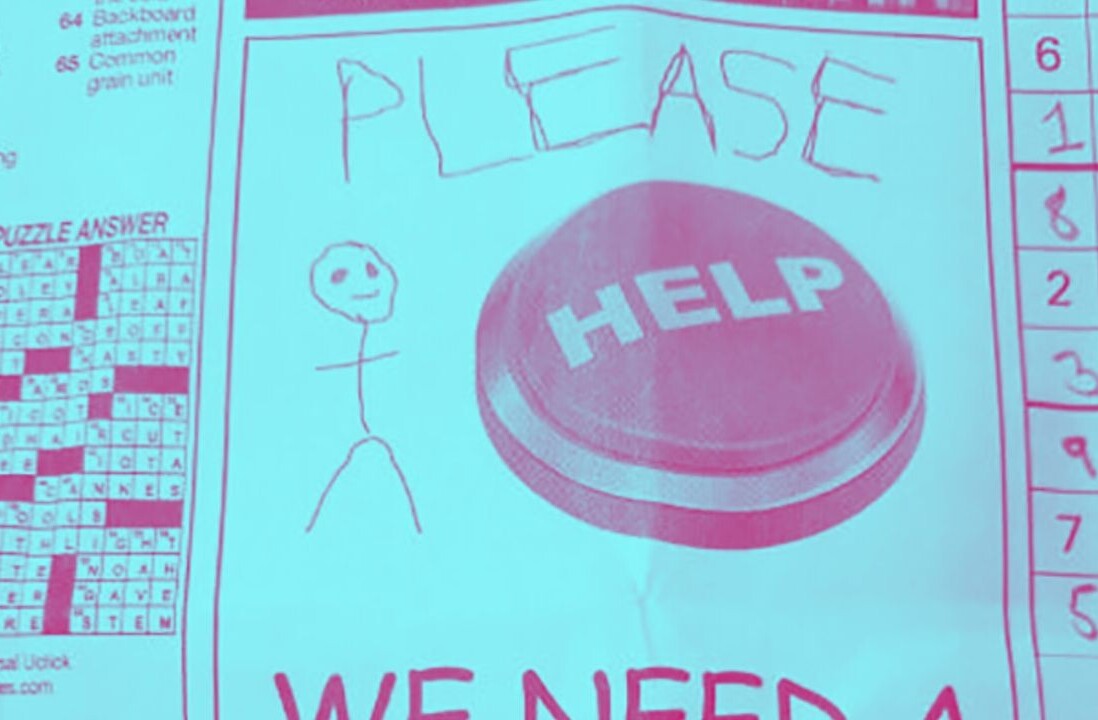
The gloss is starting to wear off blockchain technology. Blockchain tech and distributed ledgers are rapidly being adopted by stock exchanges, banks, and the commodities industry, but one group of experts has warned there are significant drawbacks in doing so.
A new report (spotted by Reuters) details the allure of the technology for trading execs: it can solve all trust issues and market inefficiencies. Management consulting firm Boston Consulting Group (BCG) has argued that blockchain technology is simply not suited for commodities trading – at least for now.
Commodity trading needs improved standardization, efficiency, and tracking of goods. But whether blockchain is the killer app that will deliver these benefits remains to be seen. Industry players have yet to fully adopt the technology. There are marked benefits to blockchain technology but also significant drawbacks on several fronts.
The thing is, there are lots of traders out there who actually make money from market inefficiencies, primarily arbitrage. It’s the process of exploiting varying prices between markets – buy an asset on one exchange, and sell it on another for more money. Cryptocurrency traders do it too.
Transactions recorded in a shared ledger would lead to more standardized prices and less arbitrage – but traders rely on on these differences to make profits. However ironic, BCG feel this makes blockchain technology counter-intuitive for trading at a large scale.
For a blockchain-based solution to gain acceptance, most trades would have to be recorded accurately in a shared ledger. If transactions were recorded in such a ledger, participants could compare the price of their consignment against other consignments and thereby spot discrepancies. Greater transparency would lead to fairer prices. However, it would impact the profits of traders that rely on pricing inefficiencies to make money. Price-reporting agencies would also need to find new ways to expand their businesses.
What’s worse, BCG claims that distributed ledgers are just not suitable for time-sensitive trading. It’s certainly true that peer-to-peer (p2p) markets running on blockchains could automatically set prices – but the ledger needs to be updated via consensus. Even though that can really be done in seconds, even a small amount of delay is a major blow to traders.
The systems already in place have been developed through investments from the companies that use them. Great technology can mean the difference between investment firms, who already spend large amounts of money on IT services in order to stay ahead of the curve. There is little incentive to ditch those systems in favor of new, barely tested, and incomplete blockchain technology.
Would-be blockchain adopters need to be aware of its drawbacks. Many companies have invested huge sums in IT systems to manage the complexities of commodity trading, gaining a competitive advantage over rivals. Blockchain would require further investment but, by removing complexity, it would also remove that advantage.
These concerns are only magnified when you consider that total adoption must be realized in order for blockchain tech to really shine. Yes, it’s great that distributed ledgers are being used to ship commodities internationally – but what’s the use if it’s not for everybody?
“The industry would likely have to act in concert given that blockchain’s full benefits would be realized only if all players participated,” declares BCG.
This is just not likely to happen anytime soon. Yes, we inch closer every day – it only seems we’re close because of the hype. It’s okay that the blockchain isn’t the best solution for everything: shoehorning blockchain into everything is only going to set us back, and lead to poor implementation and unmet expectations.
Get the TNW newsletter
Get the most important tech news in your inbox each week.





